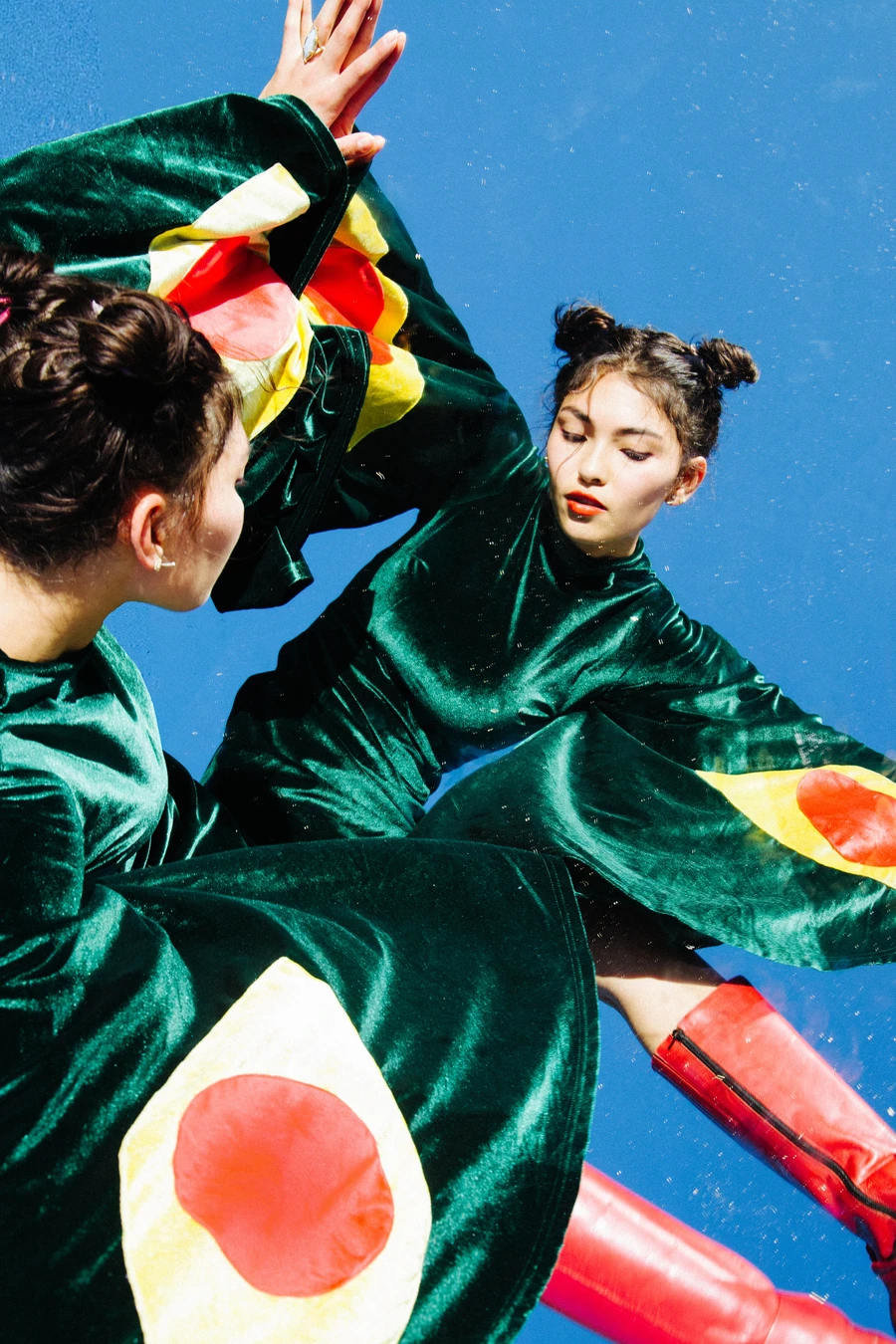An Exploration of Anti-Fashion brand Fashion Brand Company
The idea of anti-fashion has been around for decades. Maybe you’ve heard the term before, but if you haven’t you’ve probably seen it in action like in the designs of Vivienne Westwood. Not Just a Label describes it “As we’re living now in an overload of information, in a glorious inconsistency driven by puzzling interests, the Anti-Fashion of the moment is not only about questioning the overdose of beauty and artificiality in contemporary culture… but also the idea of authenticity and the status-quo of fashion itself.”
I would argue that there isn’t one way to describe anti-fashion. It’s countercultural, and defiance of mainstream trends, including industry practices. It pushes the mold, the way art should, and forces you to reconsider what “fashion” is. Throughout the years, it adapts to fit what counterculture means at the time. It shocks and defies expectations, and by the time mainstream culture adopts it, a new anti-fashion movement is already forming.
For the past few years, trends in the fashion industry demand overconsumption and, as a byproduct, a lack of sustainability to meet consumer demands for endless choices and ridiculously low prices. Popular fashion means changing out our wardrobes to keep up with the speed at which H&M is producing new, trendier clothing, and as we have seen, this pace is not feasible without compromising our environment.
Anti-fashion’s natural response to this is small, sustainable, slow fashion. My current favorite example combines irony and sustainability, simply called Fashion Brand Company, and I can’t help but love it.
The first sentence on their about page is “Fashion Brand Company is the first Fashion Line that is exclusively designed by, run by, and tailored to, lizards. All the clothes you see on the models are specialty samples we had made in human size but you will receive your purchased garments in lizard sizes.”
Their motto you may ask? “Fashion Brand Company; we only make clothes for lizards.”
Founded by Penelope Gazin, this small brand prioritizes itself on recyclable packaging and includes in detail where their clothes are made. Gazin specifies that they only produce about 50 of each design, all of which is made by a small team of well-paid and fairly-treated seamstresses and pattern makers in China. According to their about page, the goal is to create “amazing fitting garments that will last years and years,” an idea that almost seems ludicrous in the world of fast fashion. What brand would ever want their clothing to last for years? How would they possibly make money? And imagine transparency surrounding their production process! Anti-fashion indeed.
Upon scrolling over to the drop-down “apparel” section, I, of course, started with the lizard clothes section. Me and my nonexistent lizard could match!
The rest of their clothes are a wonderful mixture of eccentric and funny, just cool enough to make me want to wear them, and the product photos frequently made me do a double-take.
Most importantly, the brand doesn’t take itself too seriously.
From a wedding dress with well-placed holes cut out of it to a sex house printed face mask, a lot of it just doesn’t make sense, much like art.
At times, it feels like a bit of a middle finger to the fashion industry and those brands that take product photos and refined designs too seriously. Or, maybe Fashion Brand Company takes the right things seriously. Their clothing is tongue-in-cheek and, at times, downright pointless, but their business practices ensure that workers are treated like humans. Gazin is transparent about where her clothes come from and what it looks like on the production end, unlike many giant corporations.
Perhaps it’s a bit telling that one definition of anti-fashion now consists of a brand that cares about the wellbeing of their employees and the state of our environment.
Strike Out,
Writer: Olivia Wakim
Athens





